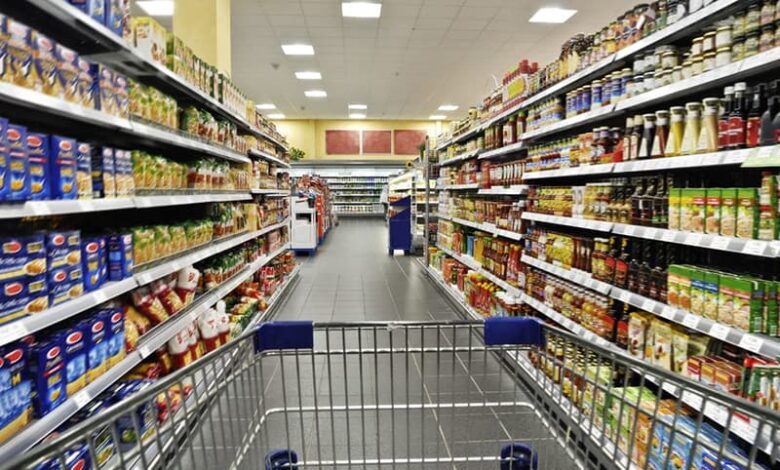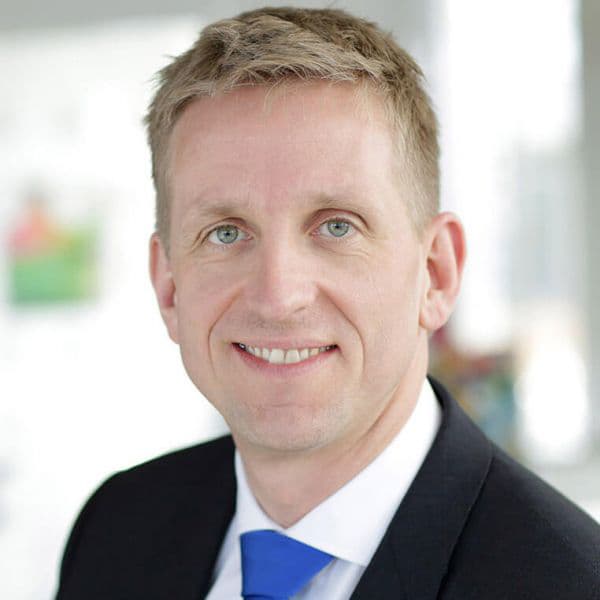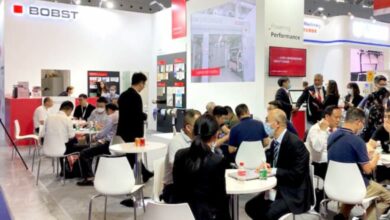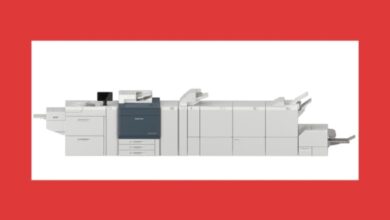Flexible Packaging Europe Welcomes ‘Save Gas’ Campaign

The ‘Save gas for a safe winter’, the EU’s fast-tracked proposal for protecting its member states against disconnection from Russian gas has been welcomed by the German-based Flexible Packaging Europe (FPE), an industry association for all types of flexible packaging manufacturers.
With more than half of all food products sold in the European retail markets packed with flexible packaging, FPE considers packaging as an integral part of the “societally critical” agrifood supply chain, a concept outlined by farmer organisation Copa Cogeca; FoodDrinkEurope, a food industry confederation; and Primary Food Processors, the European primary food processing industry. Besides agrifood, the pharmaceutical sector, also considered within this value chain, relies largely on flexible packaging.
The packaging sector is dependent on a stable and continuous access to gas to maintain operations even while the total gas consumption by flexible packaging manufacturers is rather limited as compared to other industries, such as paper.
While nearly 50% of all food packaging, excluding beverages, makes use of flexible packaging such as lids, pouches, and overwraps, the use is even higher in the pharmaceutical sector with blisters, pouches, and sterilization medical applications.
FPE elaborates that flexible packaging has been recognised as a light-weight, resource-efficient packaging option, showing more than 60% lower impact than rigid alternatives. Being particularly light, there is a reduction in raw materials and energy over the entire product life cycle.

FPE’s Executive Director Guido Aufdemkamp says, “A stable supply of gas over a defined time frame would avoid disrupting production of these materials which are made using continuous processes.” Aufdemkamp feels that this will ensure agrifood and pharma supply chains to maintain a secure supply of products which are necessary and vital for Europe.
“Flexible packaging can be considered as a one-time solution to help reduce dependence on gas and energy consumption, from a macro-economic perspective,” he adds.
Even as news reports suggesting German households will have to shell out hundreds of pounds more a year for gas in order to help cover the cost of replacing supply from Russia, Federal Minister for Economic Affairs and Climate Action Robert Habeck raised the nation’s gas risk level to the second highest “alarm” phase, stating that “the situation is serious and winter will come.”
Flexible Packaging Europe (FPE) is the industry association representing the interests of more than 85 small, medium, and multinational manufacturing companies with over 350 sites all over Europe.





